What Are Opioids?
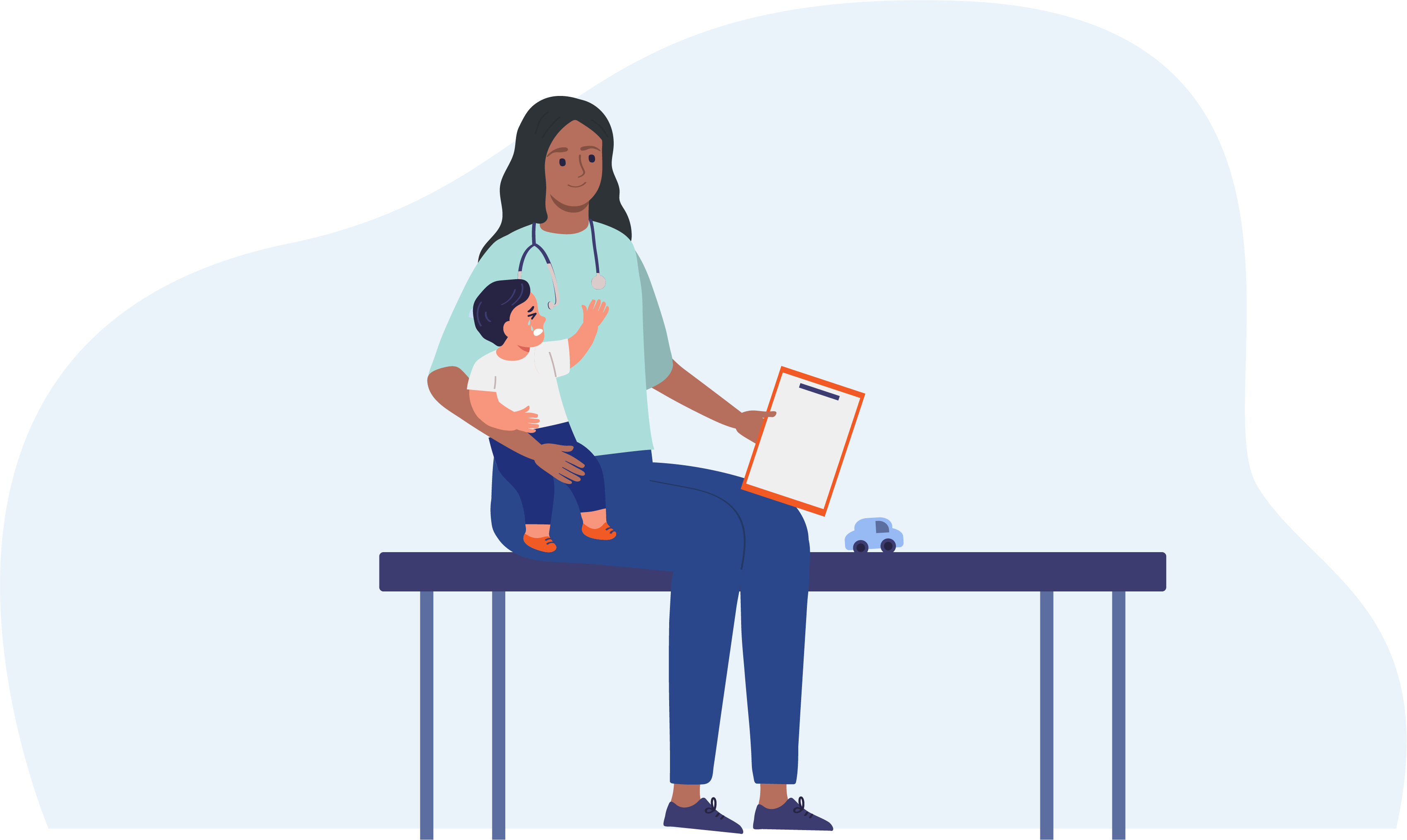
Opioids are a class of medications that are prescribed to treat moderate to severe pain.
Examples of common opioids prescribed include:
Codine (Tylenol #3®)
Oxycodone (Percocet®)
Morphine
Hydromorphone (Dilaudid®)

Opioids are a class of medications that are prescribed to treat moderate to severe pain.
Examples of common opioids prescribed include:
Codine (Tylenol #3®)
Oxycodone (Percocet®)
Morphine
Hydromorphone (Dilaudid®)
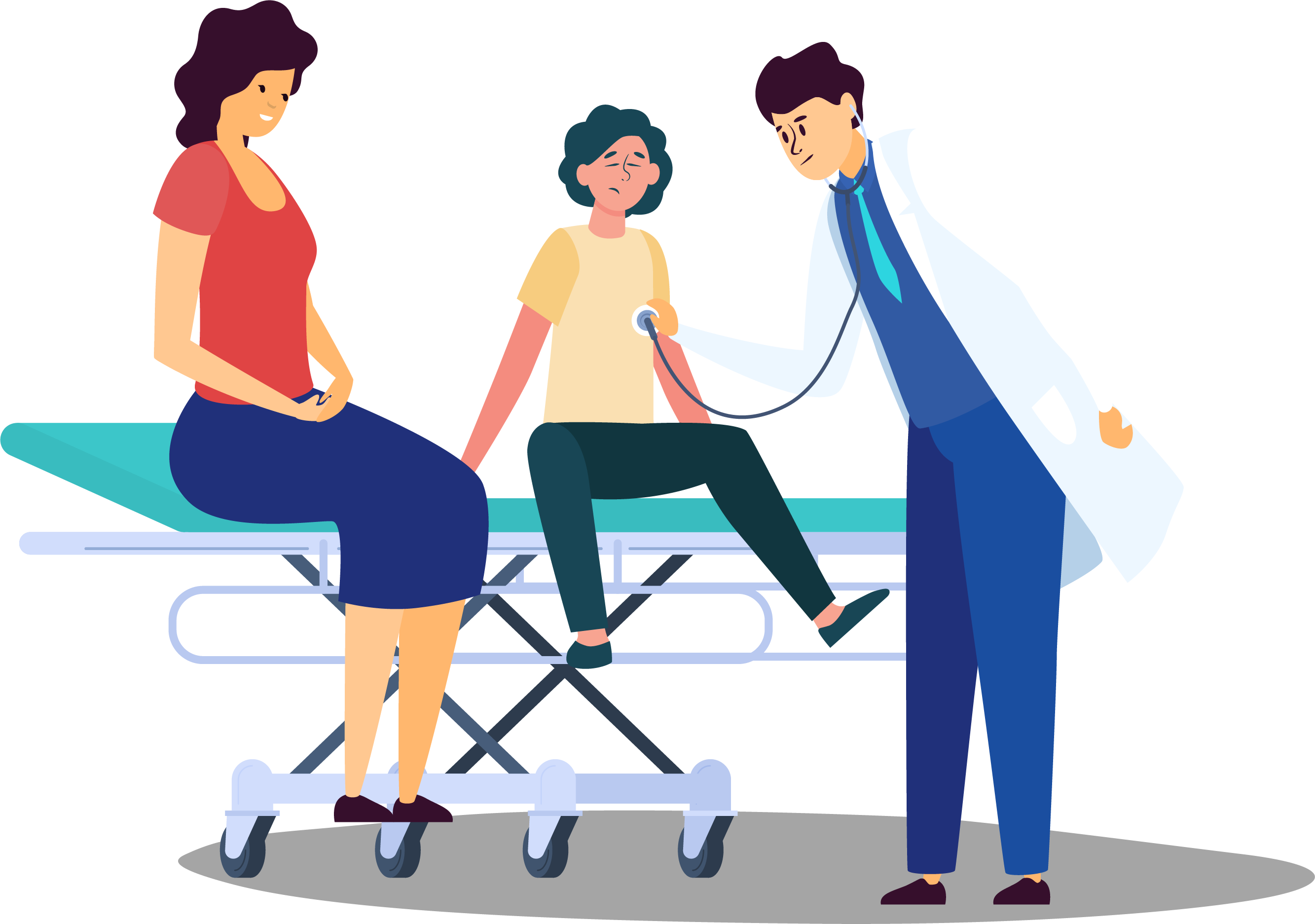
Opioids are strong pain medications. They are used in situations where other medications that reduce pain, such as ibuprofen and acetaminophen, aren’t enough.
Opioids can be prescribed to children to treat intense, short-term pain. Examples of when opioids are used for children include:
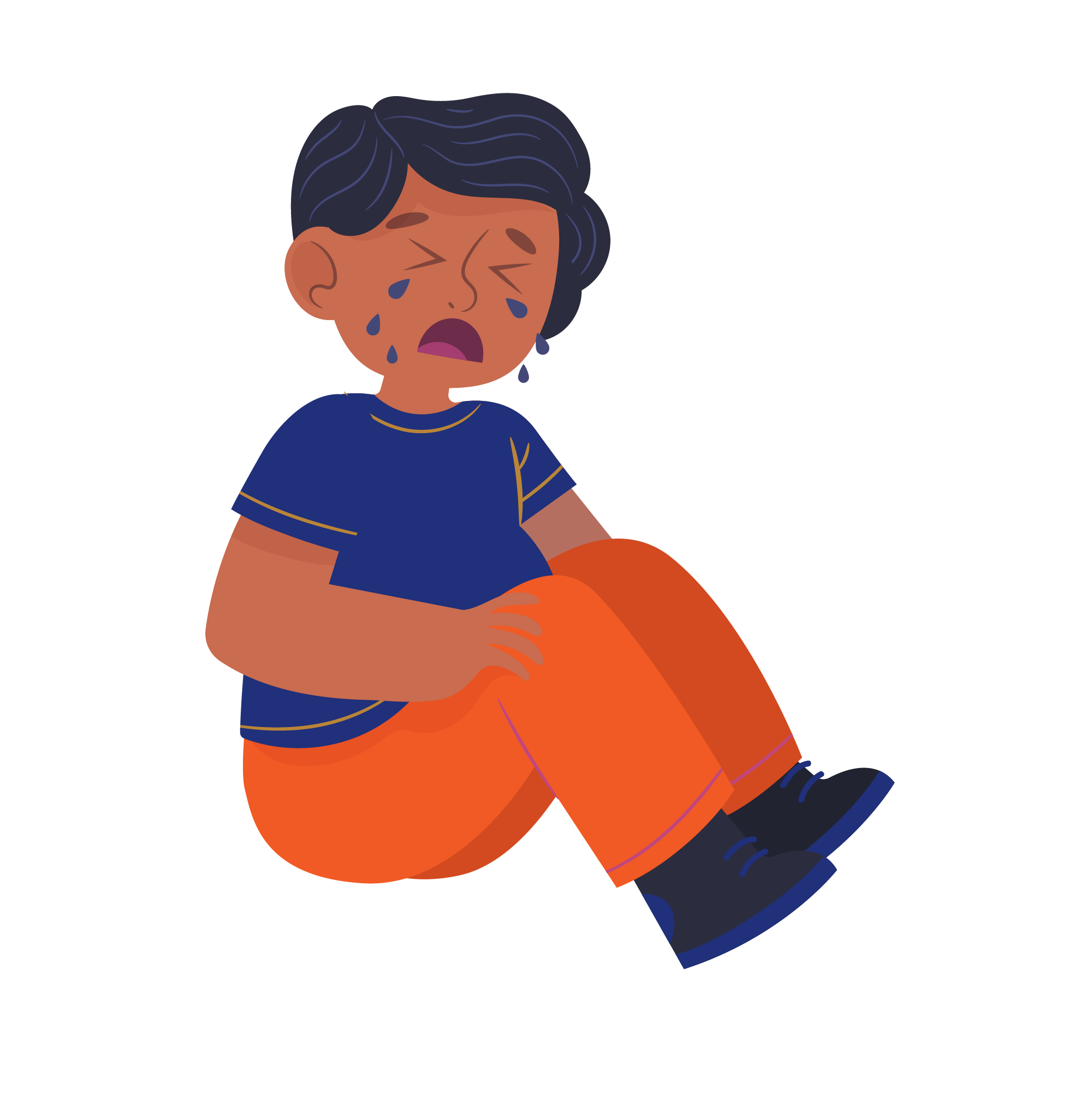
Untreated pain can have short-term and long-term consequences. In the short-term, untreated pain can make your child feel afraid and anxious, which can cause them to feel more pain in the long-term.
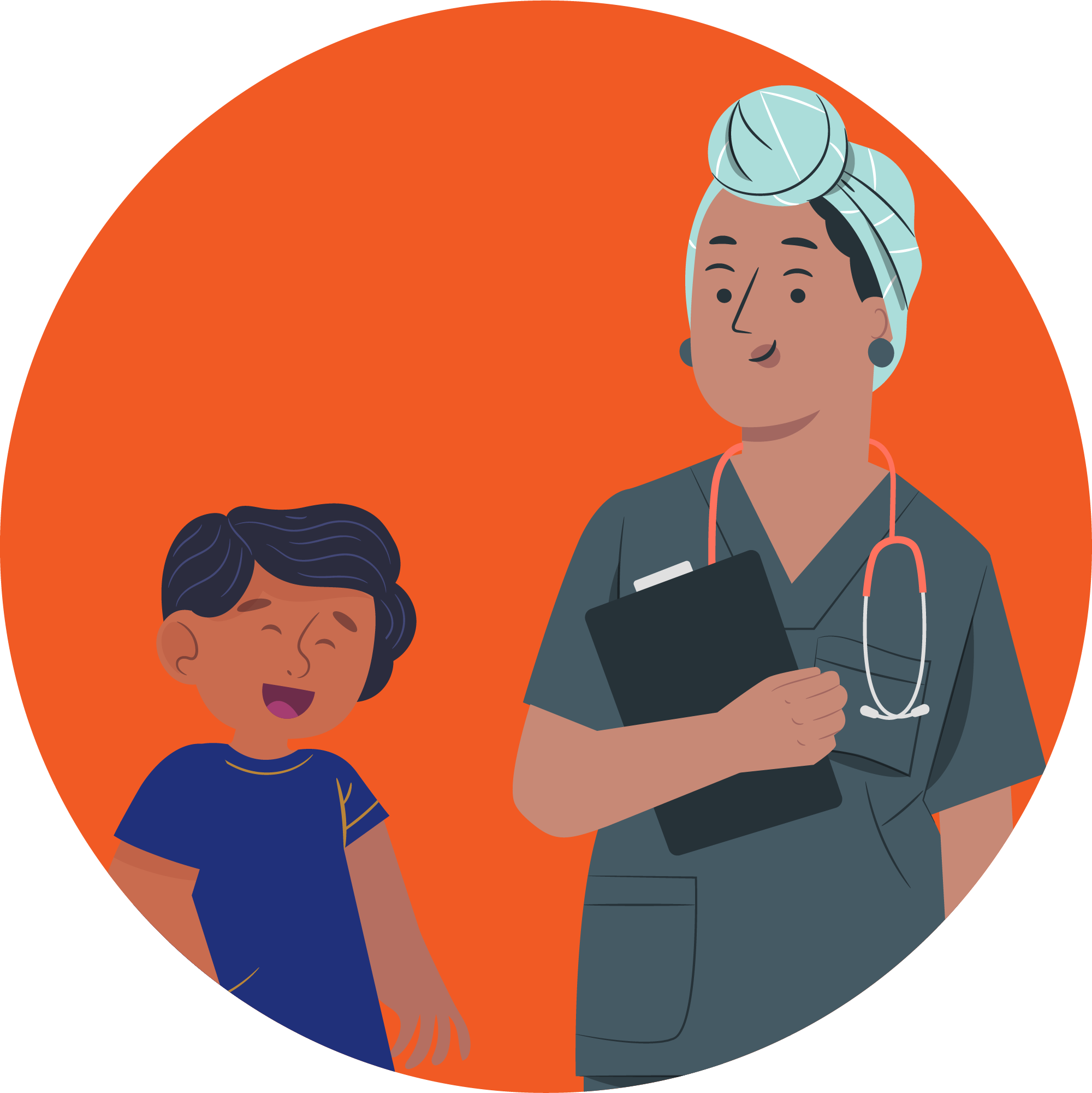
Sometimes, opioids are the best option for managing your child's pain.
Other options may be available, depending on your situation. You can
discuss treatment options with your child's healthcare provider.
It is really important to follow all the instructions given to you by your doctor. Make sure your child is taking the dose prescribed, and at the right times.
If your child is experiencing side effects, make sure to contact your child’s doctor. Common side effects include:
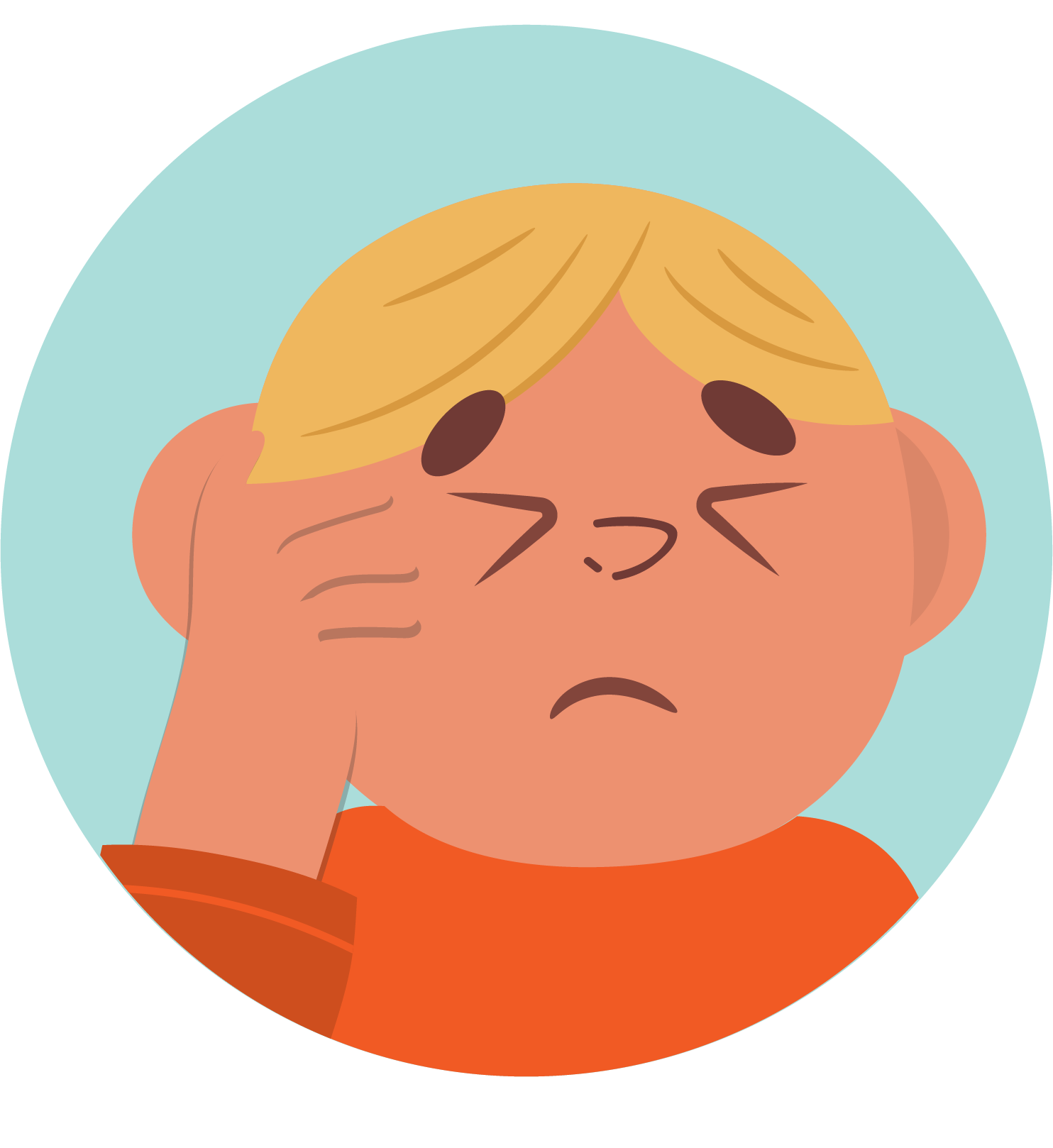
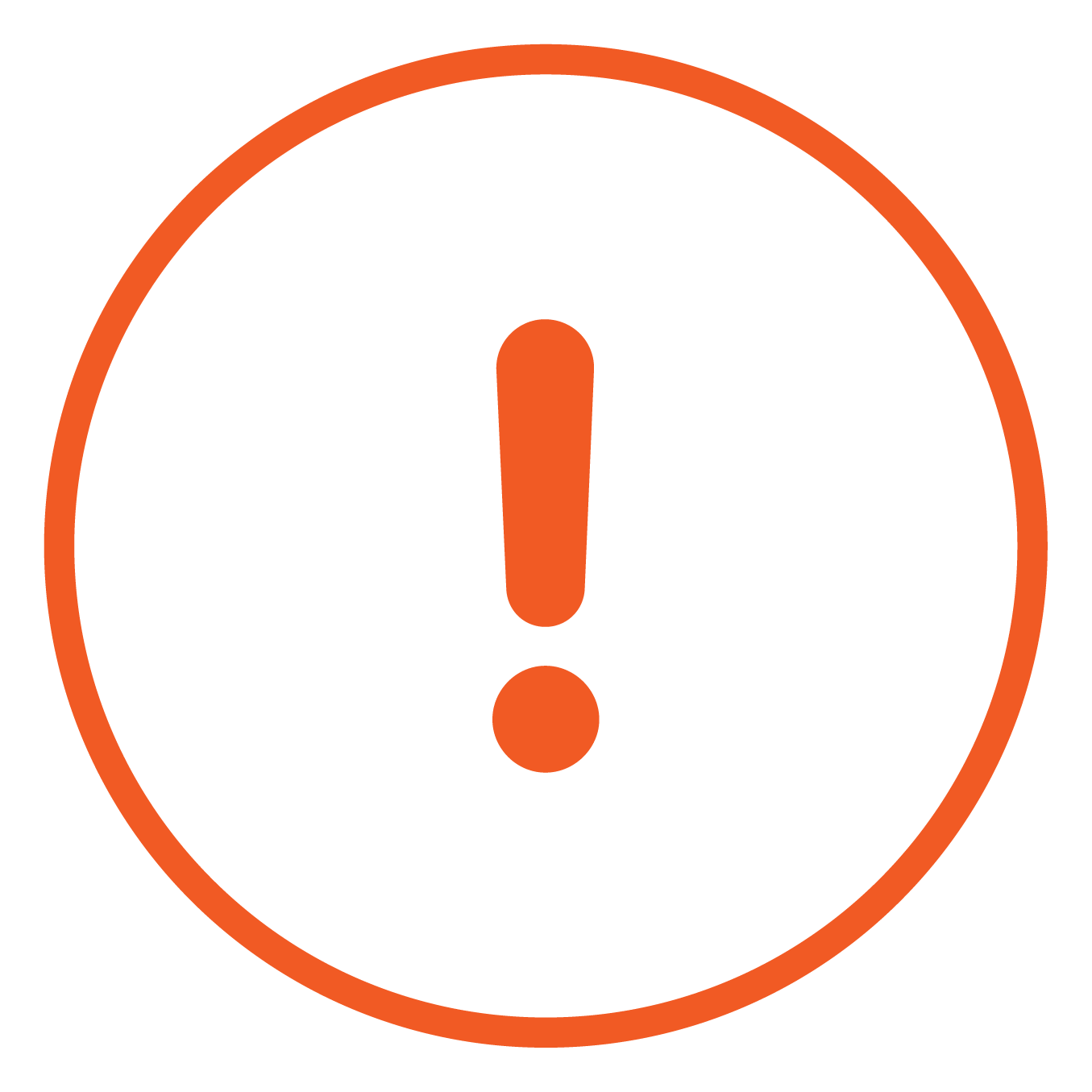
IMMEDIATELY SEEK HELP or call 911 in the rare case that your child is experiencing the following symptoms:
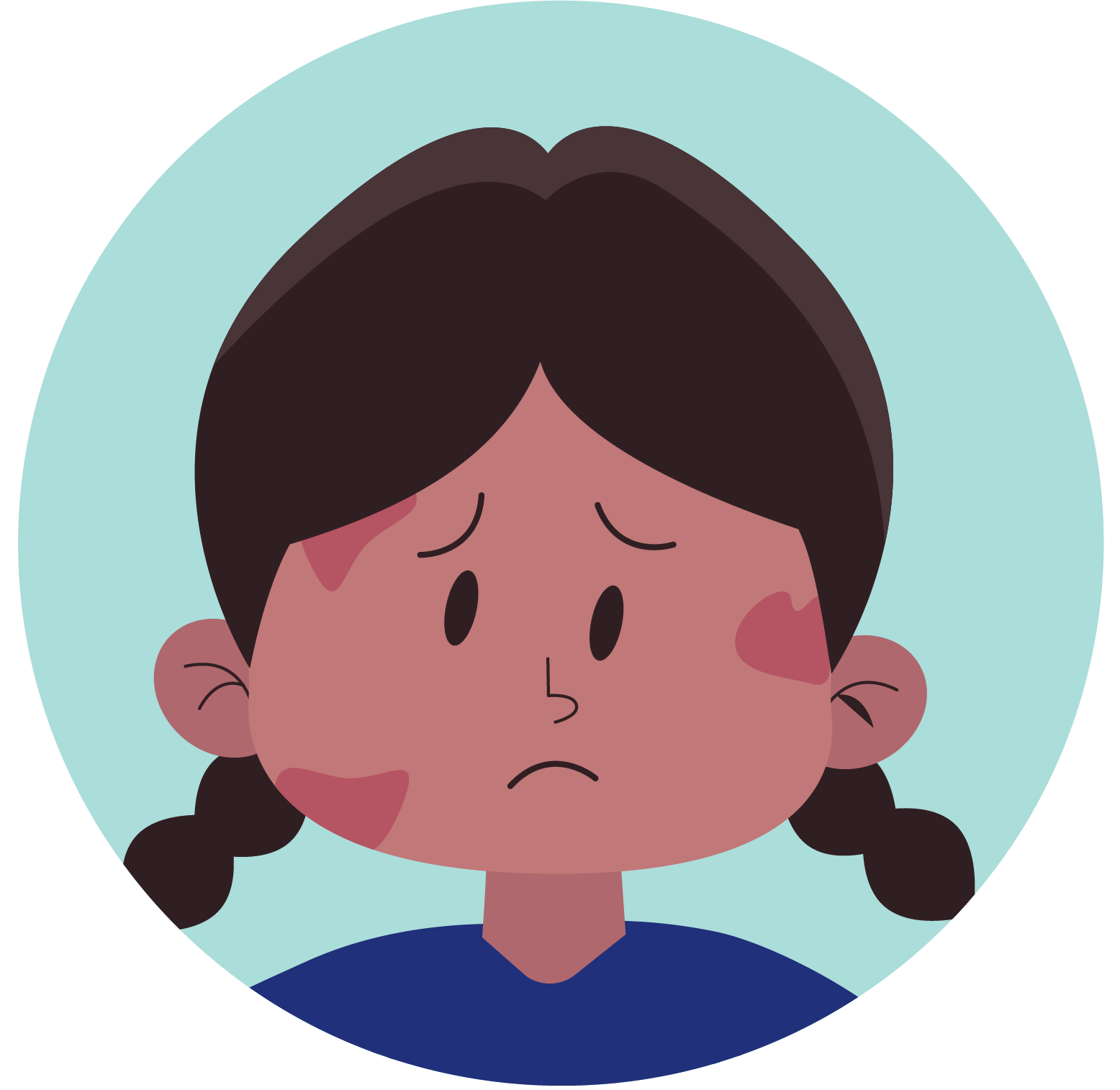
Allergic reaction (i.e. swollen tongue, rashes or hives)
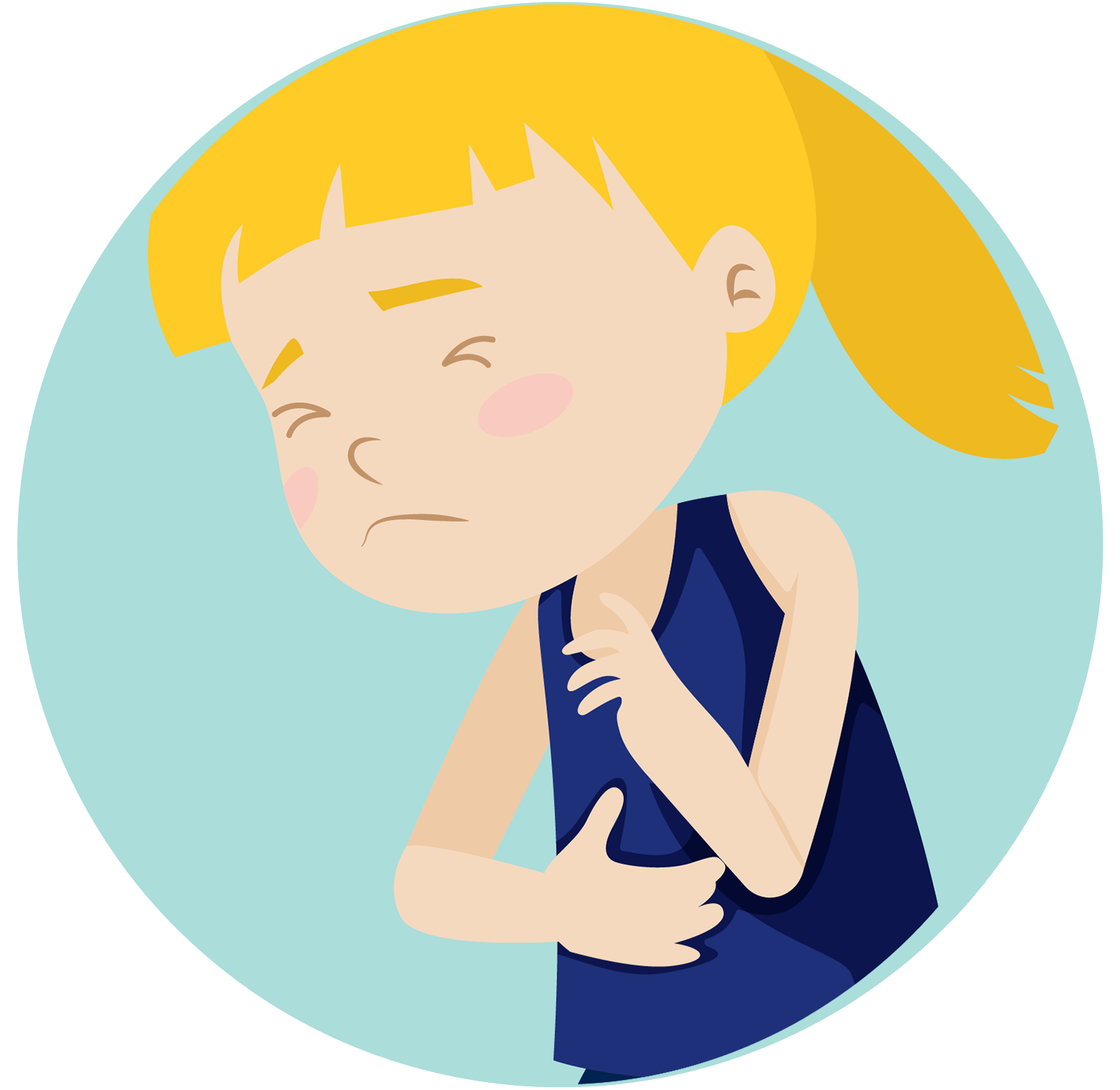
Slower breathing or harder to breathe
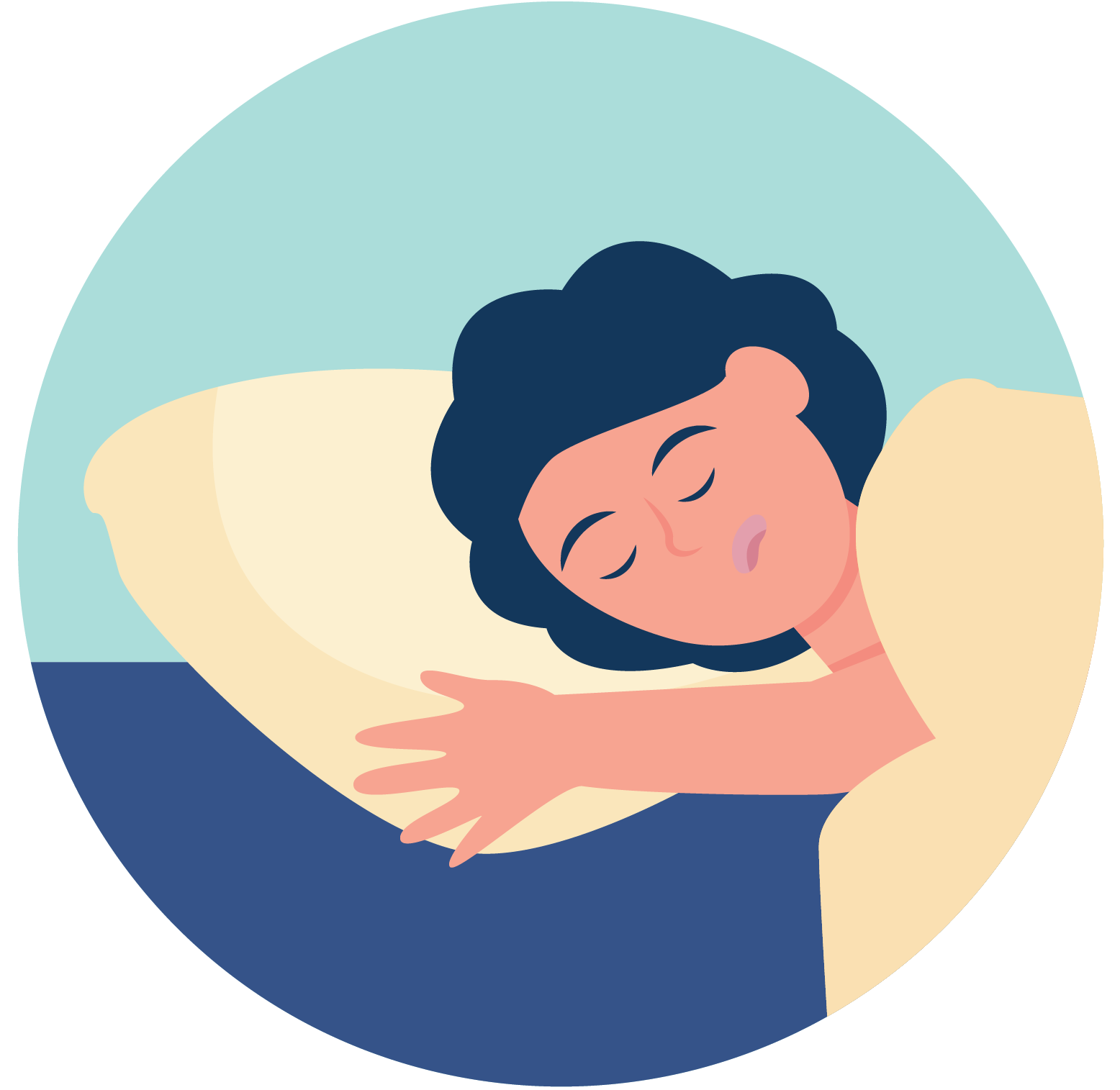
Can’t wake them up
Many parents worry about their child using opioids for the wrong reasons. Nonmedical opioid use is when someone uses opioids without a prescription or takes it for reasons other than why it was prescribed (for example, to feel good or reduce anxiety).
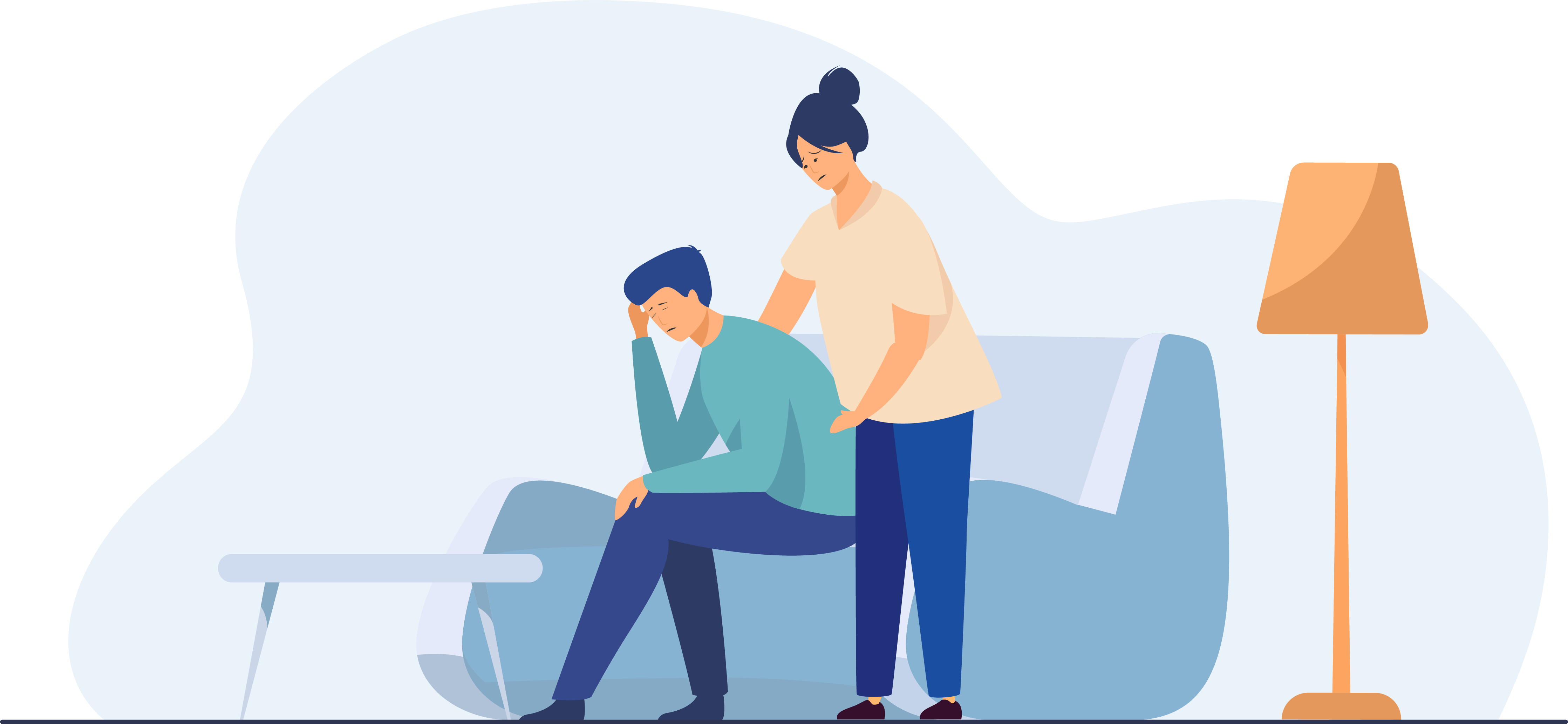
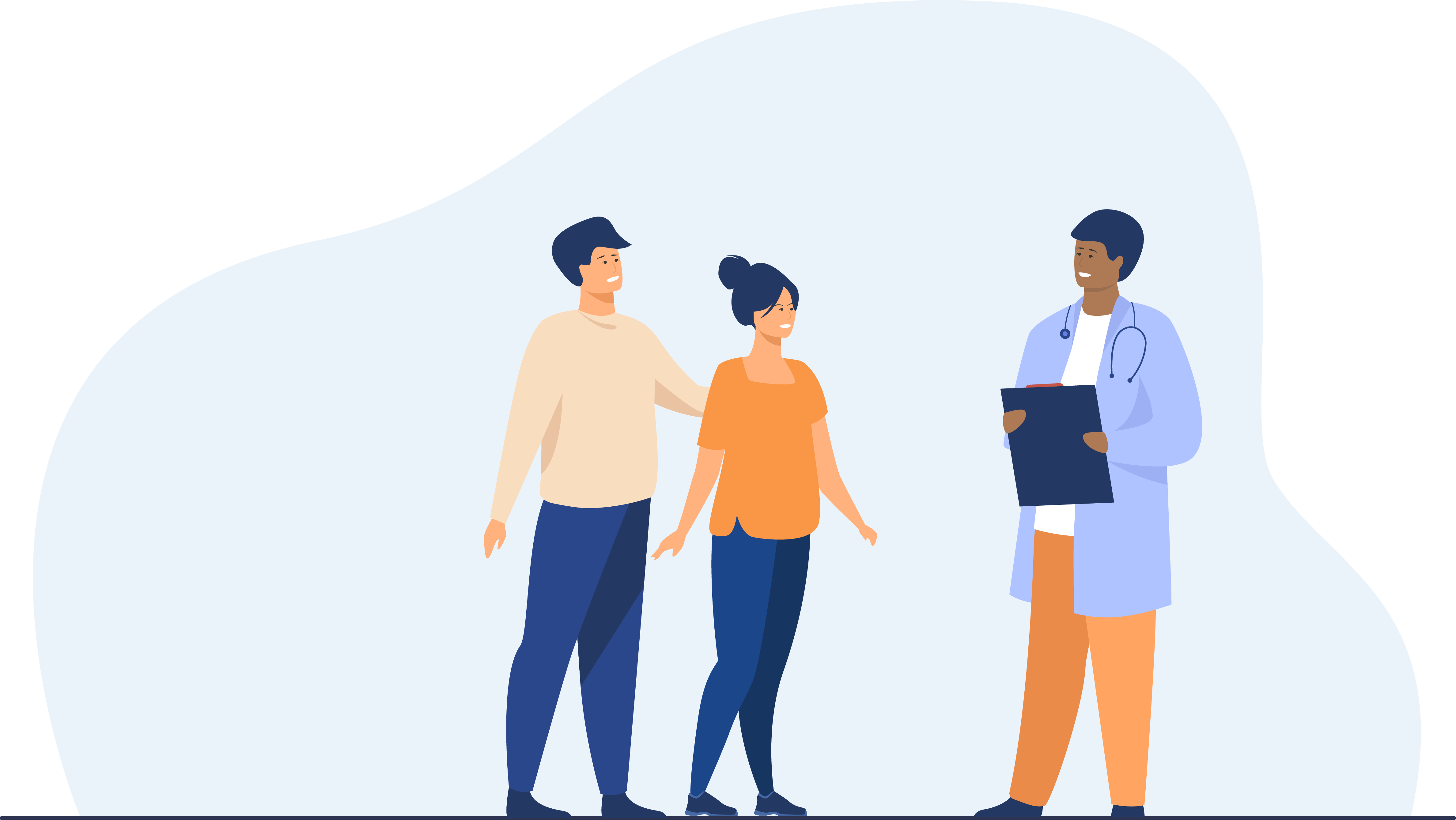
There is not enough research to know for sure if using prescription opioids for a short period of time during childhood leads to nonmedical opioid use or opioid use disorder later in life. So, it is important to be cautious with opioids and use them as directed by a health professional.
Here are some signs that may indicate your child is engaging in nonmedical opioid use:
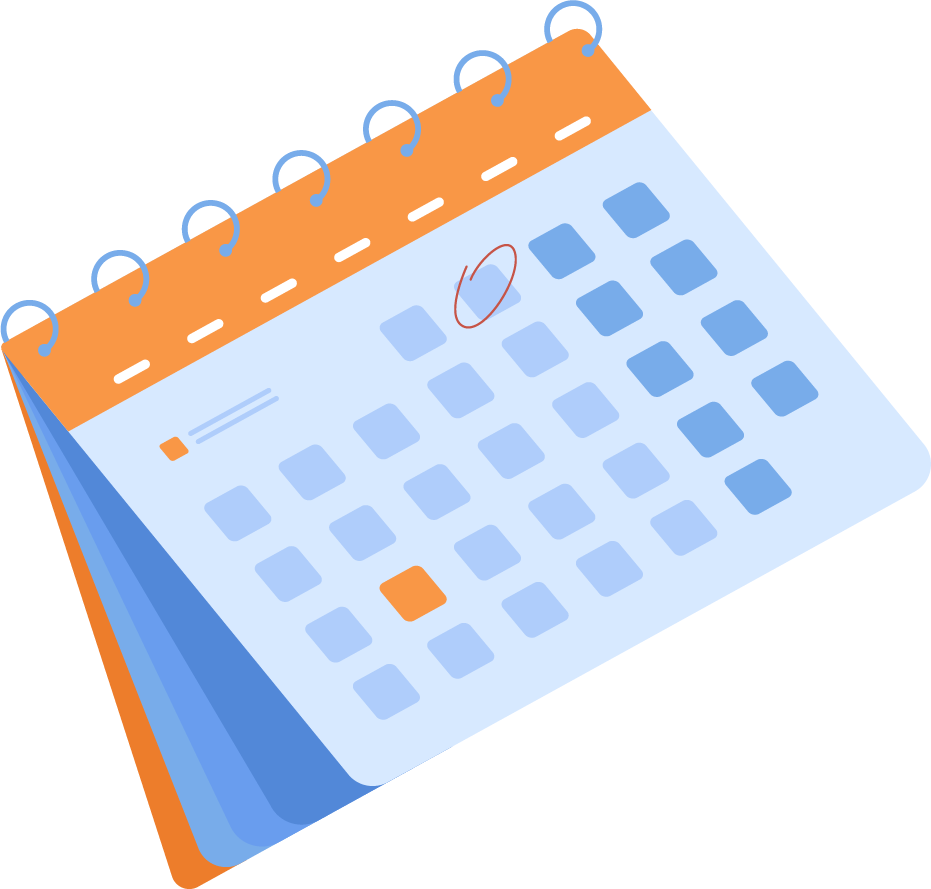
Taking more pills than prescribed or running out early
Taking opioids for longer than originally planned
Can’t stop taking them
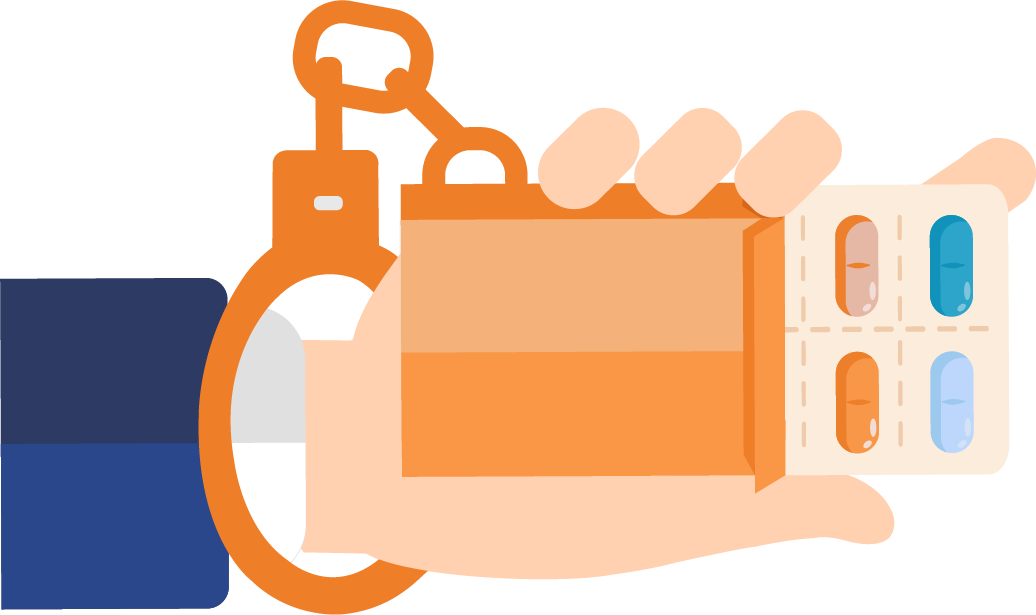
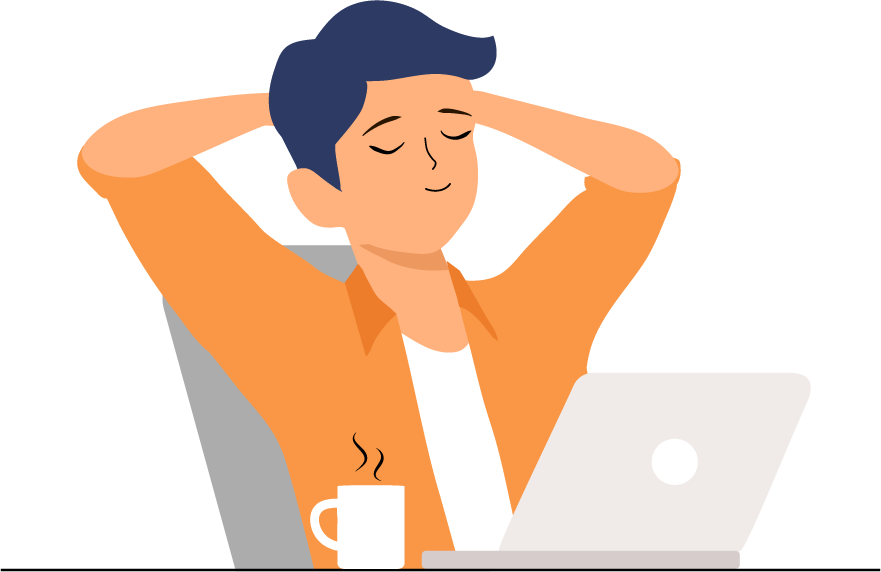
Taking them for reasons other than to manage pain; like to feel happier or to help with anxiety
Taking other people’s medication
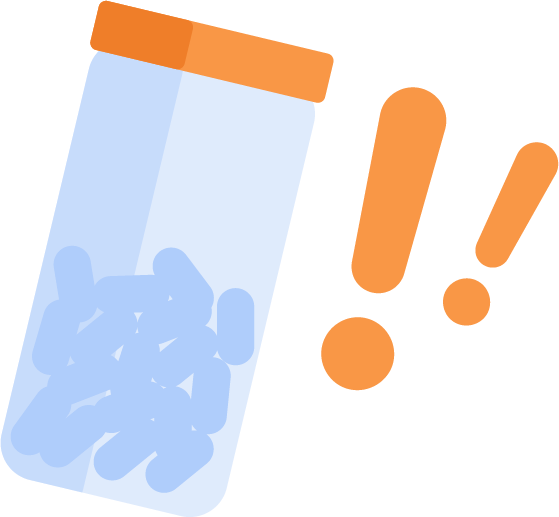
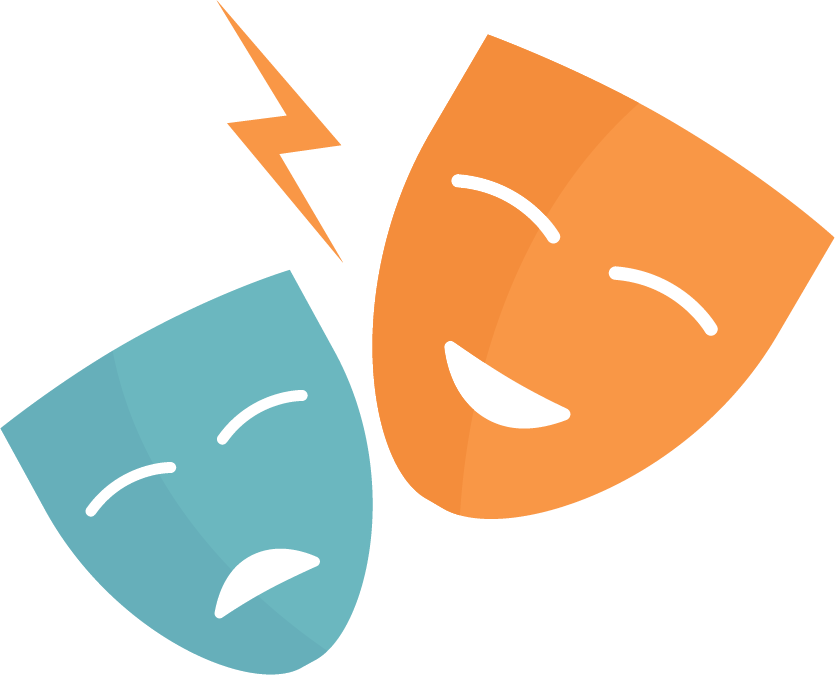
Mood changes drastically
Sleeping patterns are different
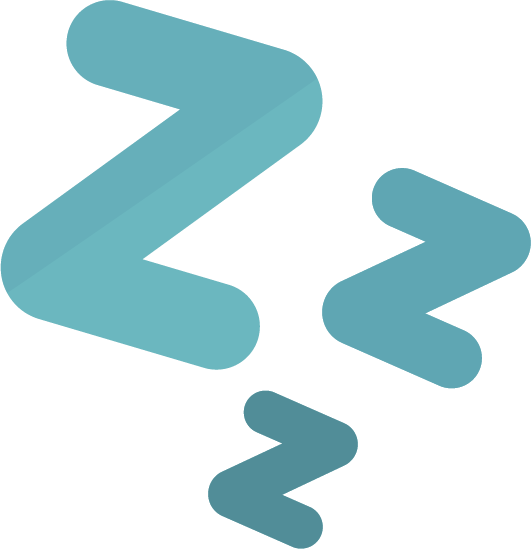
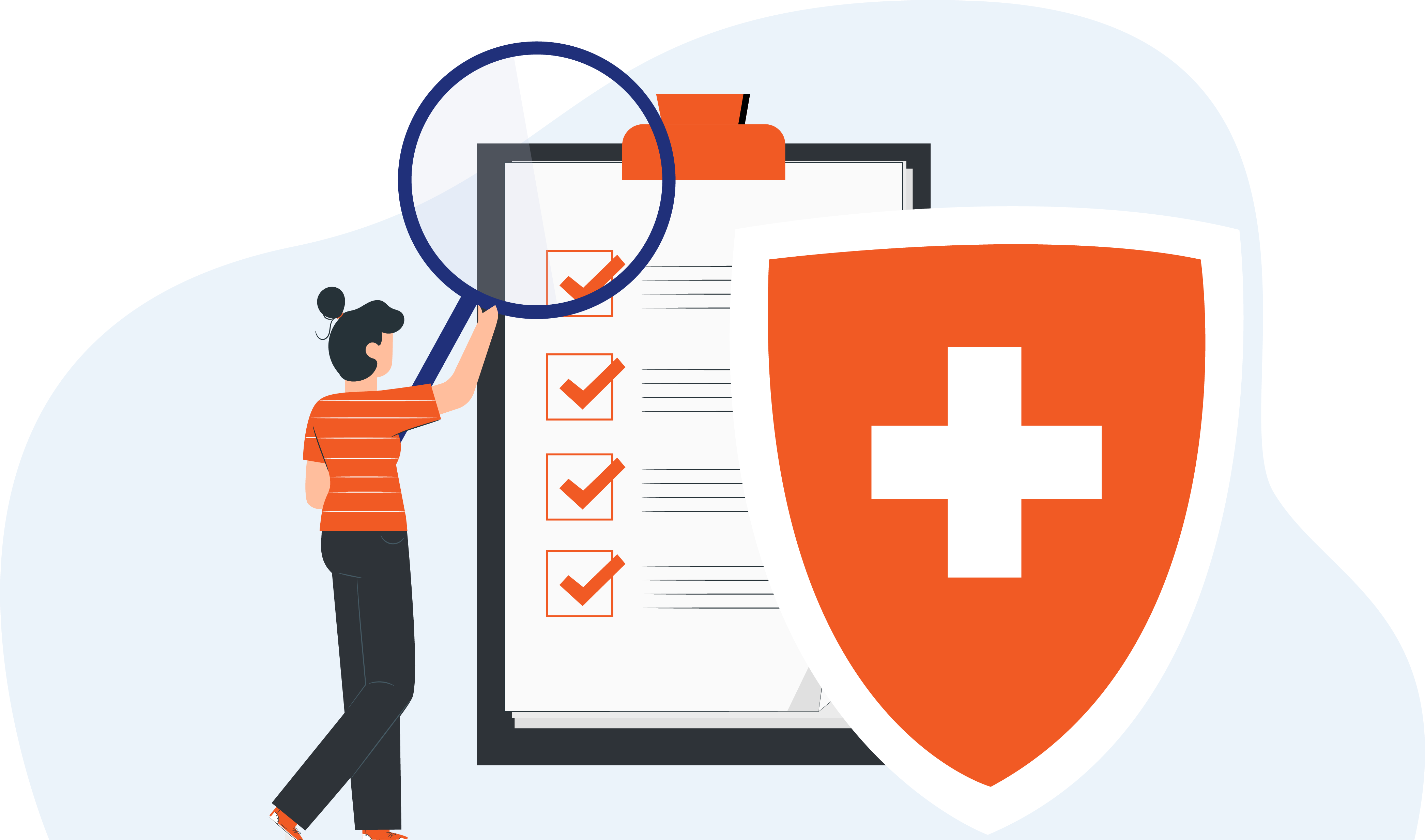
Using Opioids Safely There may be some risks associated with using opioids, but there are some things you can do to make using opioids safer.
For older children, encourage open and honest conversation about the benefits and risks of their prescription.
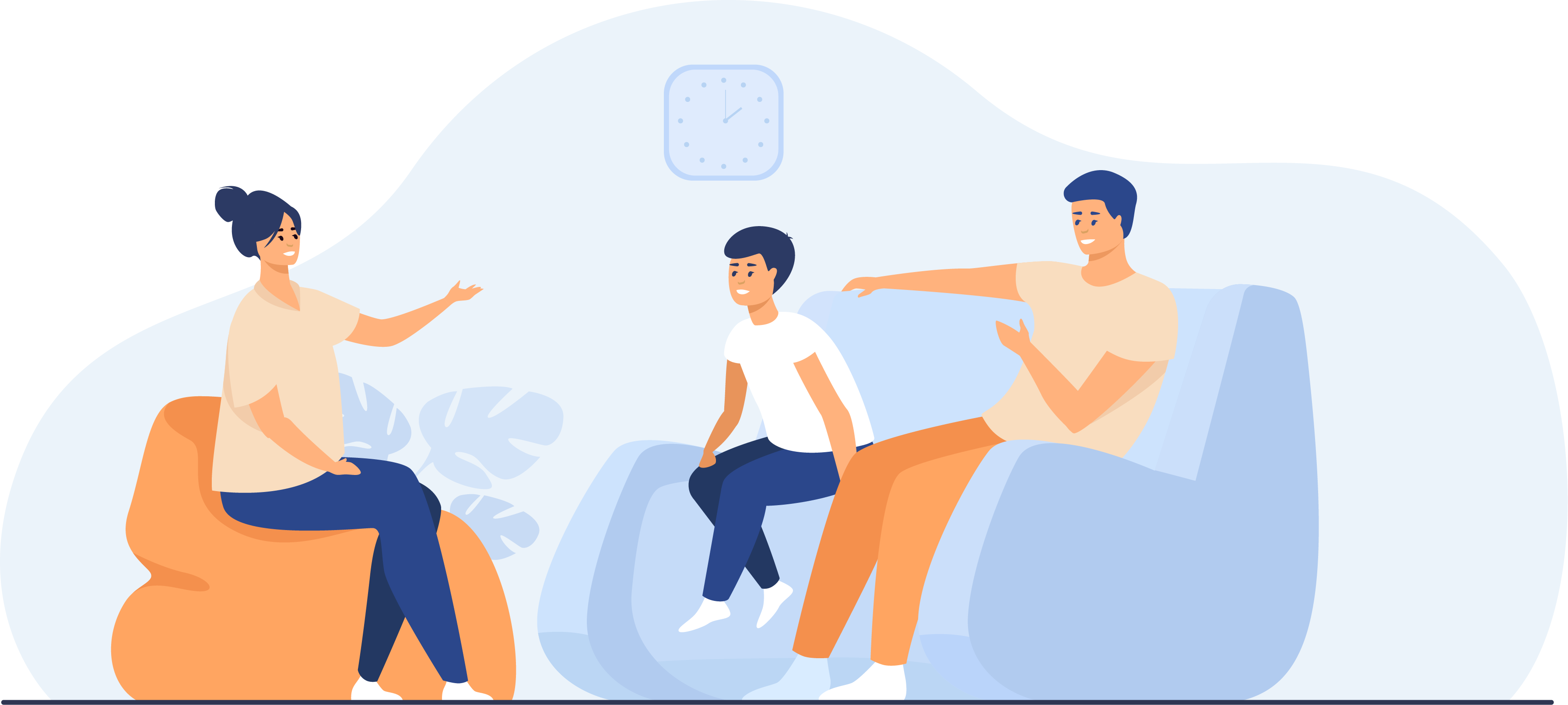
As with all medications, when storing opioids, make sure that:
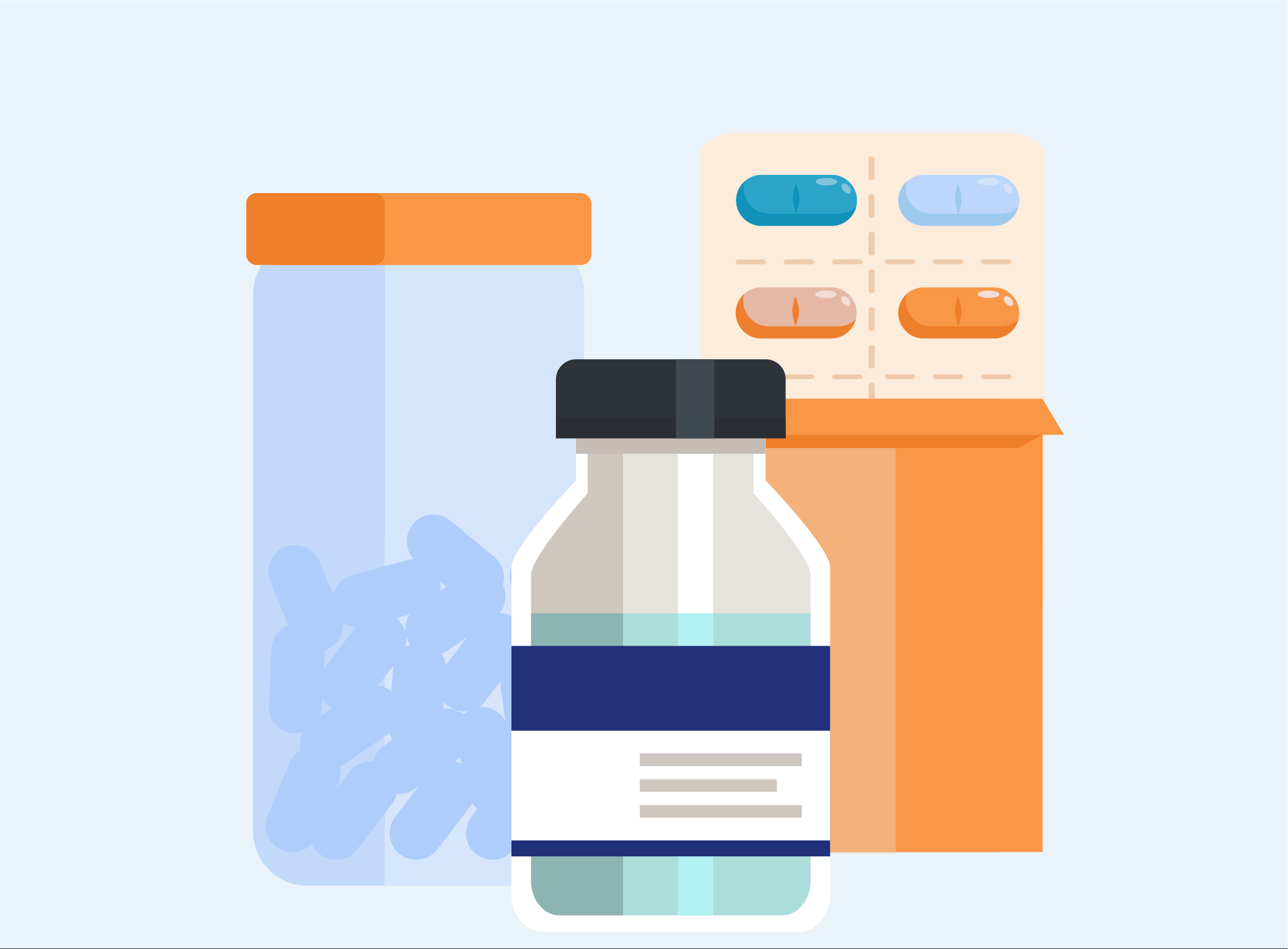
Pills remain in their original packaging
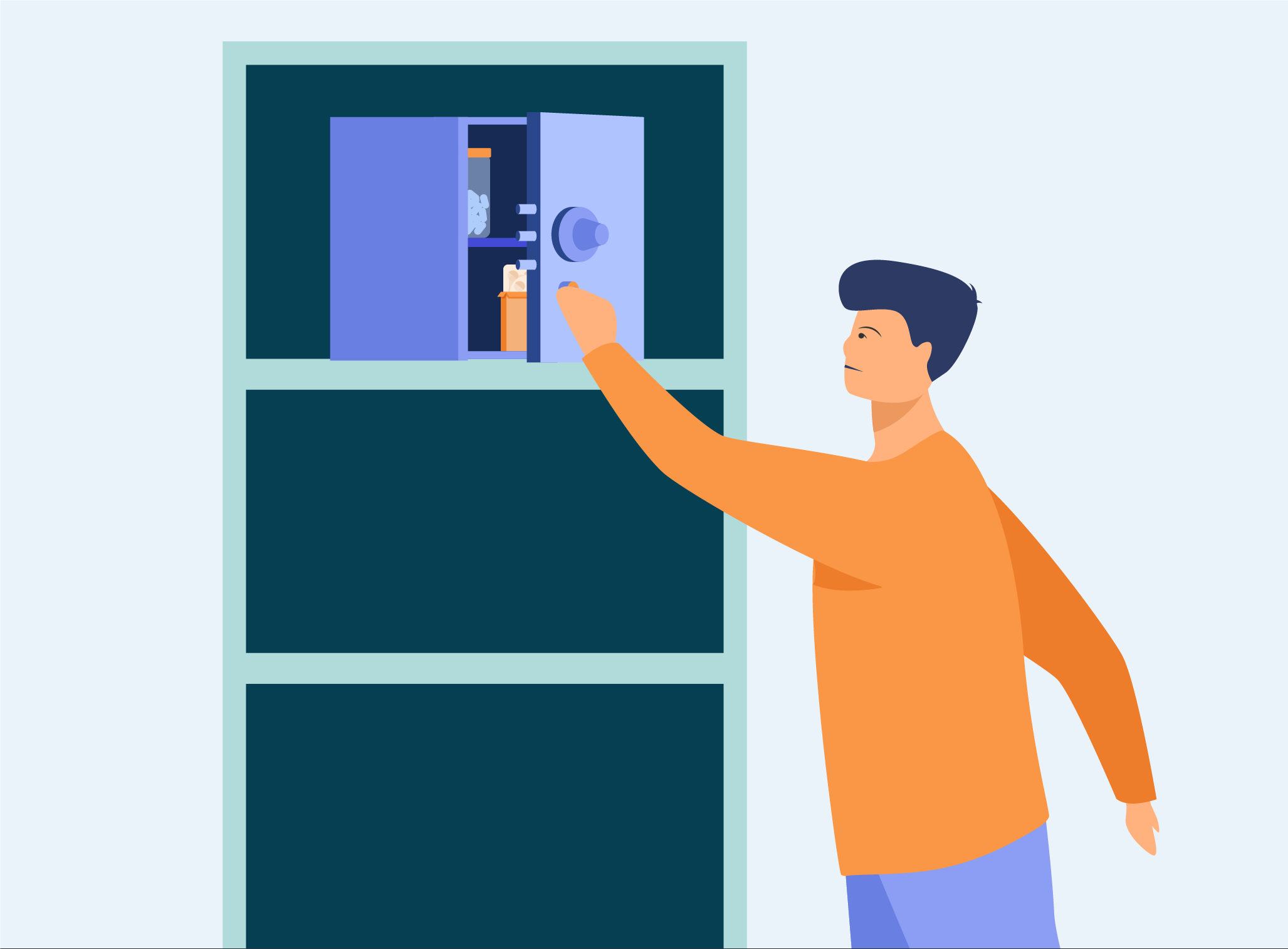
Pills are kept in a locked or secure location, out of children's (and pets') reach
When your child no longer needs the opioid medicine, safely dispose of all leftover pills.
Take your unused medication to any pharmacy in an unmarked and sealed plastic bag and they will safely dispose of it
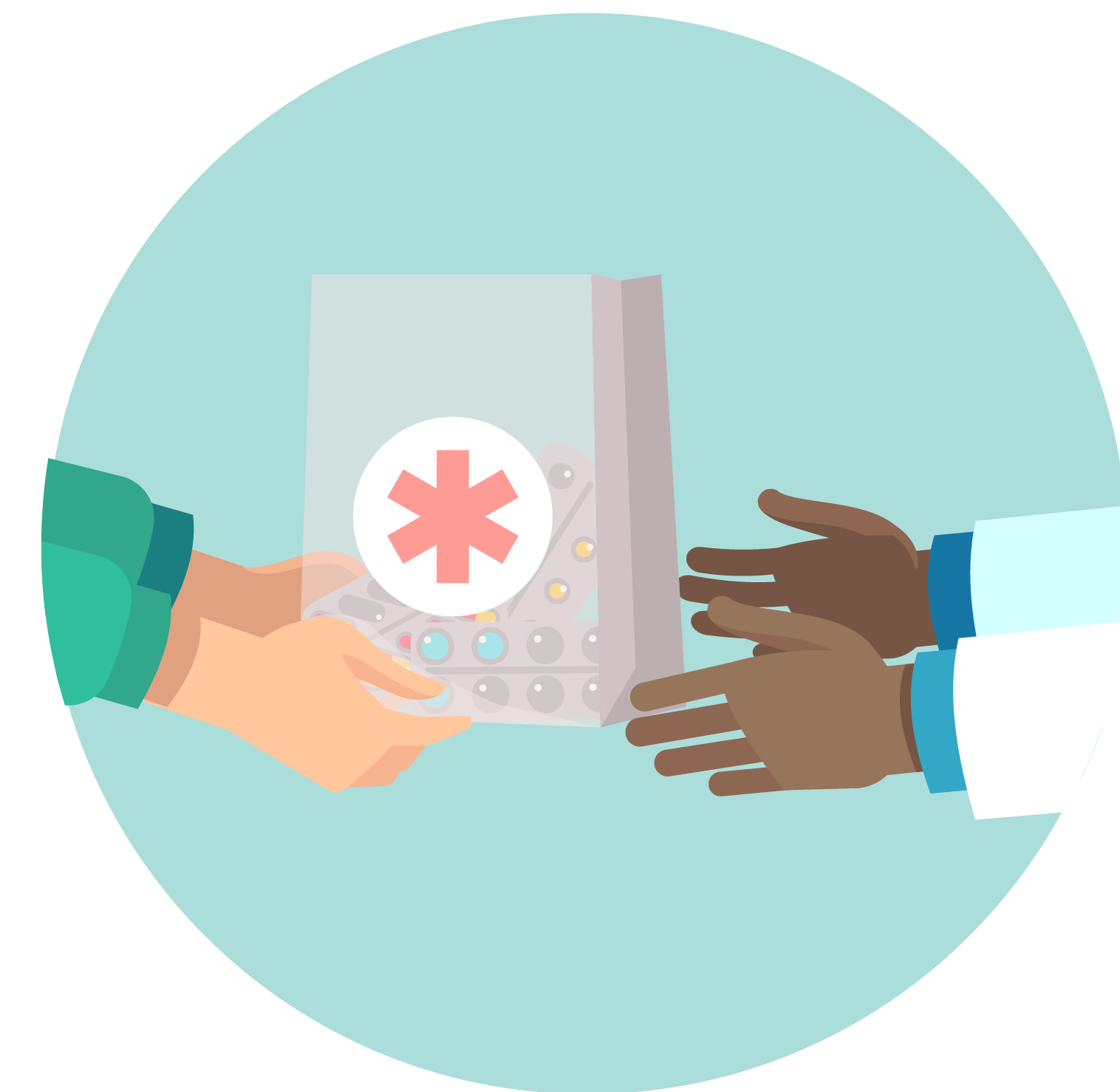
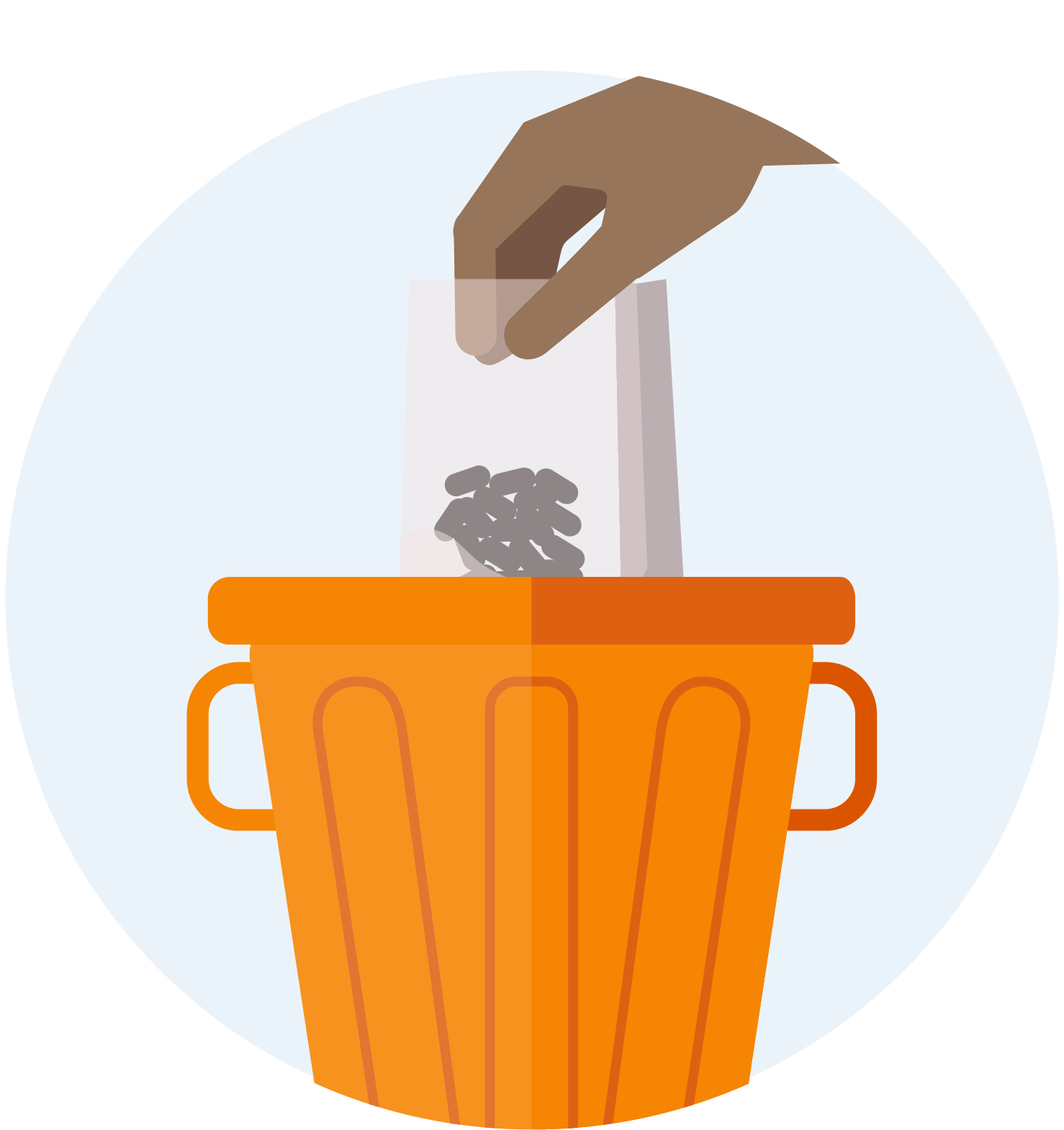
If you can't take your leftover medication to a pharmacy, take it out of the packaging, remove the labels with your child's name, and throw it in the trash
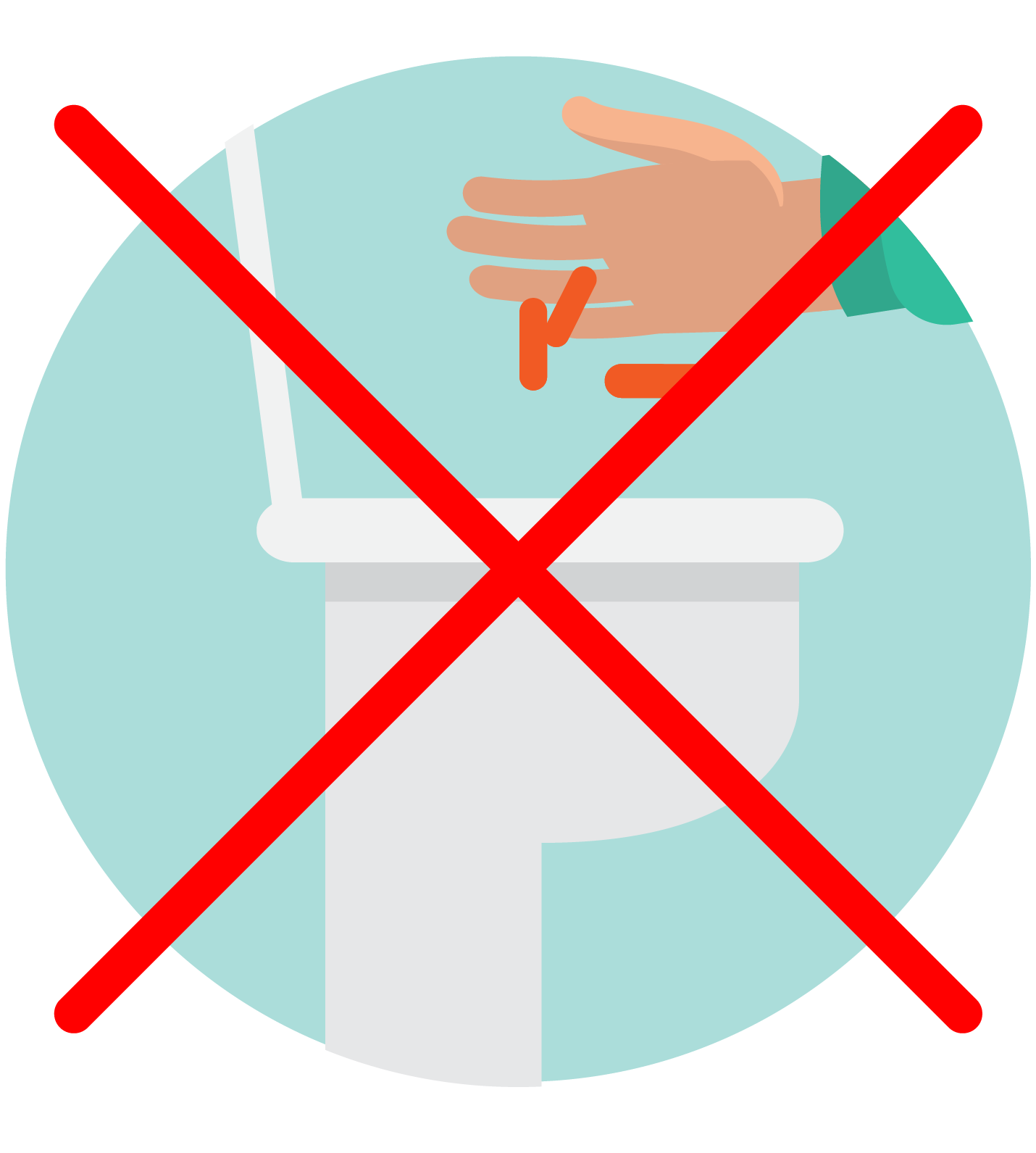
Do NOT flush down the toilet or the sink, it’s bad for the environment
If you are concerned because someone in your family has a history of a substance use disorder or addiction, or you think your child might be using opioids for non-medical reasons, let your healthcare providers know so they can make a safe plan for treating your child's pain. Your doctor, nurse, or pharmacist can help with any questions or concerns you have.
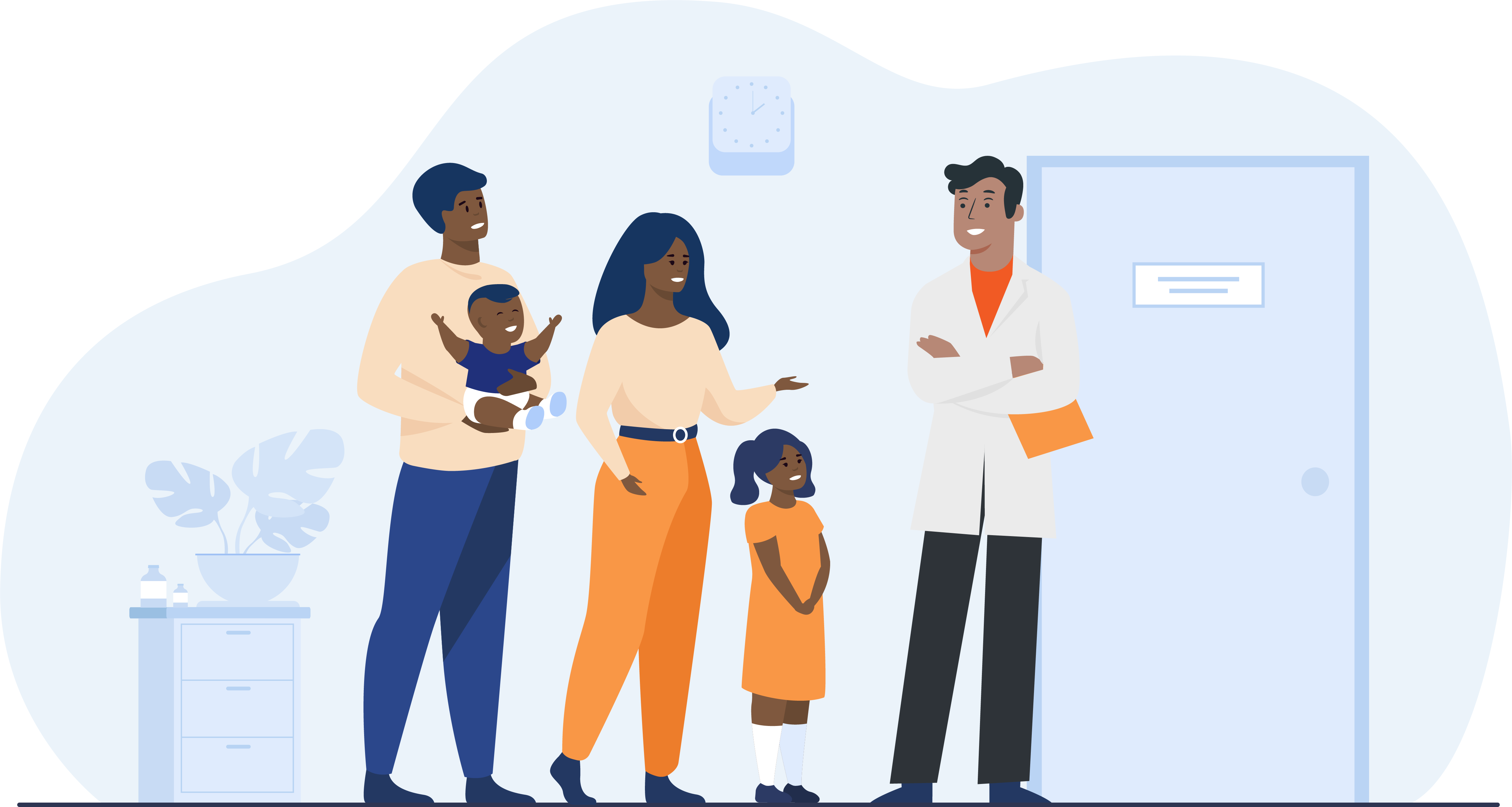
Find out more about opioids from these helpful resources: